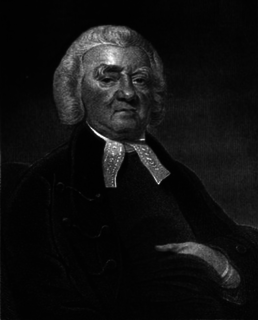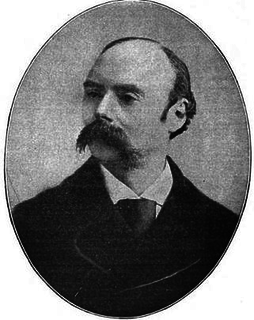A Quote by David Hume
Vanity is so closely allied to virtue, and to love the fame of laudable actions approaches so near the love of laudable actions for their own sake, that these passions are more capable of mixture than any other kinds of affection; and it is almost impossible to have the latter without some degree of the former.
Related Quotes
What is the cause that one is hardened, and another readily moved to compunction? Listen! It springs from the will, in the latter case a good will, in the former an evil one. It springs also from the thoughts, in the former case evil thoughts, in the latter from the opposite; and similarly from actions, in the former case actions contrary to God, in the latter godly ones... it is by free choice of the will that every person either attains compunction and humility, or else becomes hard-hearted and proud.
Of actions some aim at what is necessary and useful, and some at what is honorable. And the preference given to one or the other class of actions must necessarily be like the preference given to one or other part of the soul and its actions over the other; there must be war for the sake of peace, business for the sake of leisure, things useful and necessary for the sake of things honorable.
If love is the soul of Christian existence, it must be at the heart of every other Christian virtue. Thus, for example, justice without love is legalism; faith without love is ideology; hope without love is self-centeredness; forgiveness without love is self-abasement; fortitude without love is recklessness; generosity without love is extravagance; care without love is mere duty; fidelity without love is servitude. Every virtue is an expression of love. No virtue is really a virtue unless it is permeated, or informed, by love.
The motives of the best actions will not bear too strict an inquiry. It is allowed that the cause of most actions, good or bad, may be resolved into the love of ourselves; but the self-love of some men inclines them to please others, and the self-love of others is wholly employed in pleasing themselves. This makes the great distinction between virtue and vice.
The intelligence displayed by many dumb animals approaches so closely to human intelligence that it is a mystery. The animals see and hear and love and fear and suffer. They use their organs far more faithfully than many human beings use theirs. They manifest sympathy and tenderness toward their companions in suffering. Many animals show an affection for those who have charge of them, far superior to the affection shown by some of the human race. They form attachments for man which are not broken without great suffering to them.
Management is a far more homely business than its would be scientists suggest, more closely allied to cookery than any other human activity. Like cooking, it rests on a degree of organisation and on adequate resources. But just as no two chefs run their kitchens the same way, so no two managements are the same.
[Prudence] is the virtue of that part of the intellect [the calculative] to which it belongs; and . . . our choice of actions will not be right without Prudence any more than without Moral Virtue, since, while Moral Virtue enables us to achieve the end, Prudence makes us adopt the right means to the end.






































